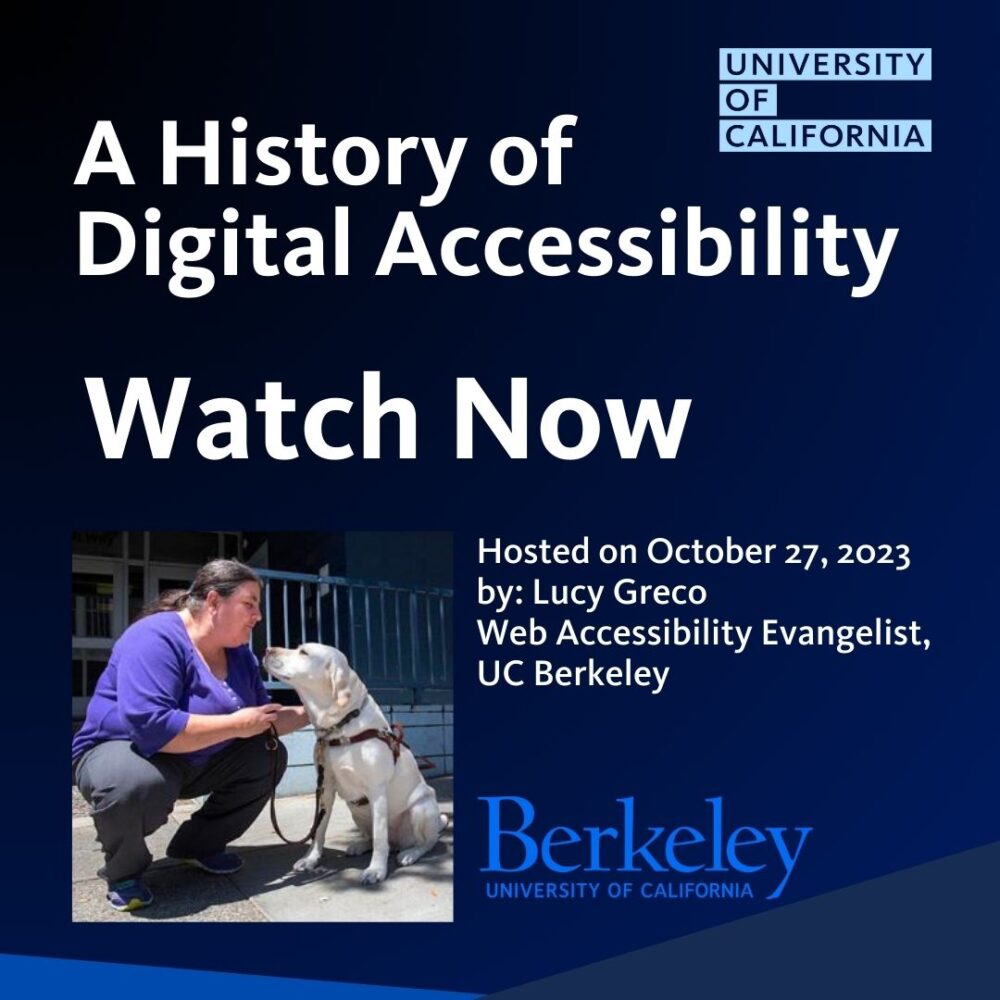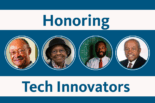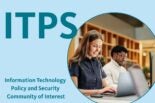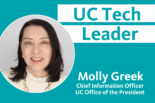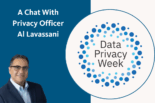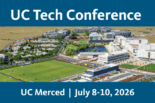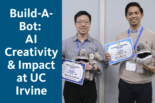By Derek Shue. Lucy Greco, web accessibility evangelist with Campus IT Experience at UC Berkeley, recently presented a webinar on our YouTube channel. Watch Greco’s webinar, “A History of Digital Accessibility”, on the UC Tech News YouTube channel.
Timeline of key developments and technologies affecting accessibility
1896: The first blind student, Newel Perry, graduated from UC Berkeley in 1896.
1942: In 1942, Jacobus tenBroek was the first blind faculty member at UC Berkeley. Along with paving the way for employees with disabilities, tenBroek was also a huge legislative power. He started the national federation for the blind, did advocacy work supporting student rights groups on campus, and helped transform the campus to the democratic campus that it is today.
1960: During the 1960s, the Disability Rights Movement, led by polio survivor Ed Roberts, protested at UC Berkeley fighting for an education. These protesters went on to join the Civil Rights movement that led to the Americans with Disabilities Act (ADA).
1970: During the 1970s, many students with disabilities were drawn by UC Berkeley’s welcoming policies and enrolled to find community with other similar students. The Disabled Students Program, the Disabled Students Residence Program, and The Cave* were some of the accommodations where students found community and assistance in navigating student life and technology. [*The Cave served as a storage facility for students with disabilities to keep their special equipment for their technology classes.]
1974: The invention of the personal computer, including word processing abilities greatly improved the lives of students with disabilities.
1989: As UC Berkeley became a hub for students with disabilities, companies selling technology began to test features on students. Local company Berkeley Systems created Outspoken, the first graphic interface screen reader for blind users. This was installed on Macs on campus, and Wynn Wizard, a reading helper for dyslexic users, initiated trials on students for feedback and optimization.To learn more, watch the webinar, linked above.
To learn more about recent developments in the evolving history of accessibility at UC Berkeley, please watch the webinar.
About Lucy Greco
Greco started her education in 1976 and faced challenges due to her blindness and dyslexia. For example, she encountered difficulties reading braille because of her dyslexia. Greco’s educational experience was vastly improved when she received an Apple 2e computer, allowing her to type without the challenges of a typewriter. Then she was introduced to BITNET, Relay Chat and Gopher, software that also greatly enhanced her abilities as a student. It was these early childhood experiences that inspired her to pursue a career in accessibility.
Greco is currently a web accessibility evangelist at UC Berkeley, where she helps lead the Berkeley campus and UC system to a new accessible future through electronic accessibility through evaluation, procurement, training, and policy improvement.
Resources
To attend similar webinars in the future, or watch receive access to past webinars, please visit the Webnet landing page.
Contact
Lucy Greco
Web Accessibility Evangelist
UC Berkeley
Author
Derek Shue
UC Information Technology Marketing & Communications Intern
UC Office of the President

